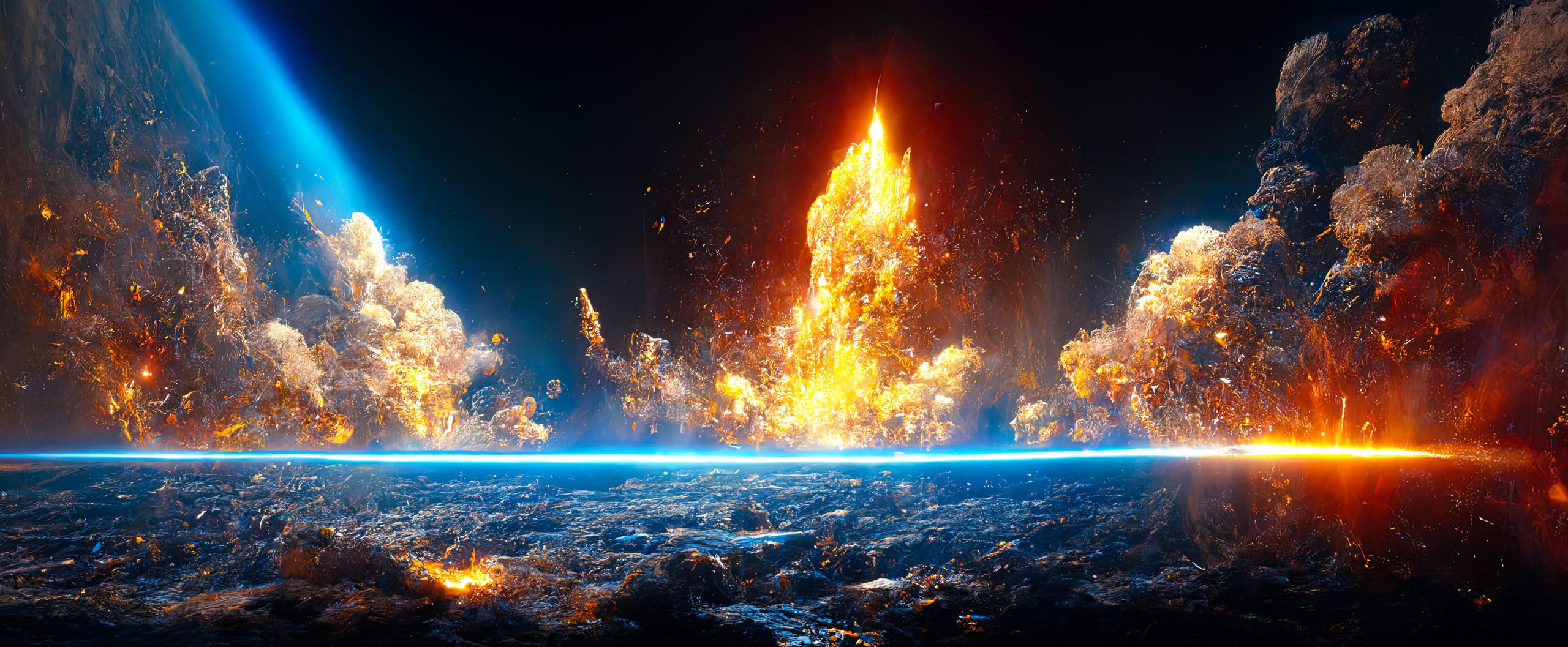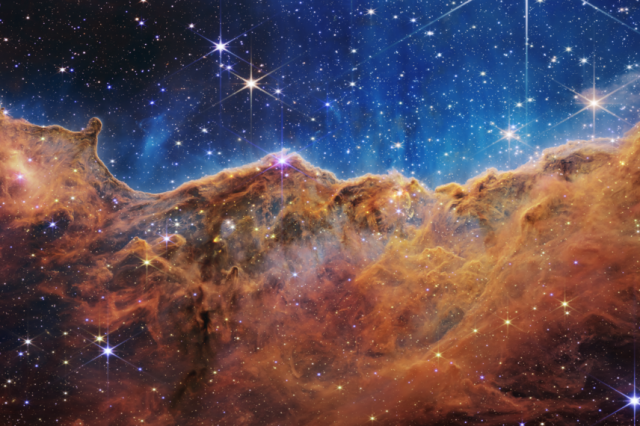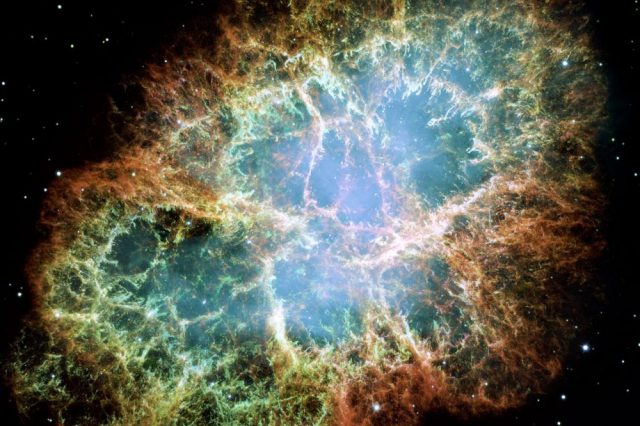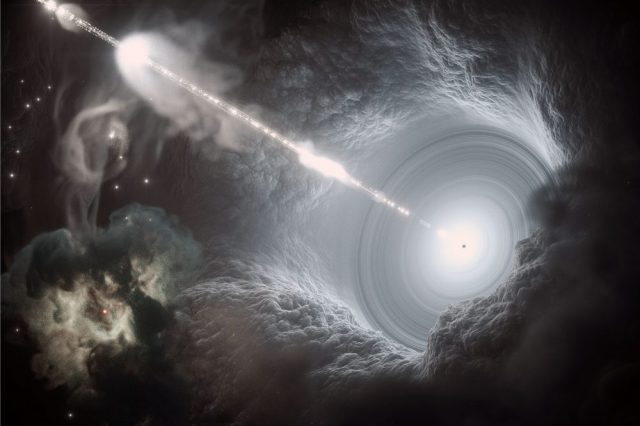Our universe could be the result of nothing more than a simulation that is run by a supercomputer designed by a hyper-advanced alien species.
Humankind has been searching for our purpose in life for centuries, if not millennia. We have looked at the stars and asked many questions to which we have no answer, even today. Are we alone here? What is our purpose in the universe? Is reality real? And everything around us? We have explored the cosmos in an attempt to answer some of these questions. But as we attempt to do so, we come up with novel, somewhat extraordinary theories that delve into the very nature of our existence. What if the universe we live in is nothing more than code? Part of a supercomputer developed by a hyper-advanced alien civilization? What if everything around us, the very reality we hold as true, is nothing more than bits of information we think of as a reality? Could we even test such a theory?
Super-advanced aliens
We probably can, and scientists are willing to try and figure out if something like that holds water. Scientists are willing to test whether the entire universe is a giant quantum computer built by a super-advanced civilization. Even though the idea may sound like science fiction, it isn’t that crazy and makes sense. But let us first ask a few important questions about our solar system, the galaxy, and the universe in general. During the evolution of stars, planets, and ultimately life, why do the physical laws and constants have the specific values they do? Contrary to theory, dark energy, the expansive force of the universe, is much weaker than is predicted – allowing the matter of the universe to clump together instead of being torn apart.
There is a common explanation that we live in an infinite multiverse of universes, so it shouldn’t surprise us that at least one of them is ours. Alternatively, our universe might be a computer simulation where someone (perhaps an advanced alien species) is fine-tuning the parameters. An emerging branch of science called information physics supports this perspective, arguing that space-time and matter do not have fundamental properties. It is rather bits of information that form the basis of our physical reality, from which we experience space-time. In contrast, temperature is formed by the collective movement of atoms. Temperature is not fundamental to any atom.
“It from bit“
This suggests that the entire universe could actually be a computer simulation. The concept isn’t that new. Other scientists throughout the years have ventured out and suggested the same. John Archibald Wheeler, a legendary physicist, proposed in 1989 that the universe is fundamentally mathematical and emerges from information. “It from bit” was his famous aphorism. Philosopher Nick Bostrom formulated the simulation hypothesis at Oxford University in 2003. It is highly likely that we are living in a simulation, according to the theory. Ultimately, an advanced civilization will have such sophisticated technology that it would be indistinguishable from reality, and participants will not even realize that they are participating in a simulation.
The existence of our physical reality may be simulated rather than an objective world independent of the observer, according to some evidence. Information processing will be the basis of any virtual reality world. As a result, everything is ultimately digitized or pixelated into a minimum size that cannot be subdivided further, called a bit. Using quantum mechanics to explain atoms and particles and appears to be a reflection of our reality. The theory holds that there is a smallest, discrete unit of energy, length, and time. Similarly, elementary particles, which make up all visible matter in the universe, are the smallest units of matter. In a nutshell, our world is pixelated.
Mass-energy-information
Everything in the universe is governed by physical laws that can be compared to computer code lines that would be followed if a simulation were executed. Moreover, the world appears to be completely mathematical – all it contains are mathematical equations, numbers, and geometric patterns. Physicists argue that quantum mechanics supports the simulation hypothesis. Observing and measuring particles in specific locations does not seem to prove nature is “real”: particles in determining states don’t seem to exist until they are observed or measured. Rather, they are in multiple states at once. In the same way, virtual reality requires observers or programmers to work.
As revealed by , a Senior Lecturer in Physics, at the University of Portsmouth, scientists could demonstrate the existence of a simulation by deploying experiments within it. What would these experiments be? We can expect a simulated universe to contain a large number of bits of information. Code is represented by these bits of information. The simulation hypothesis will be proven by detecting these information bits. There is a recently proposed mass-energy-information (M/E/I) equivalence principle that suggests mass can be converted into energy or information, or vice versa. According to this theory, information bits must have a small mass. As a result, we have something to look for.
Have something to add? Visit Curiosmos on Facebook. Join the discussion in our mobile Telegram group.





